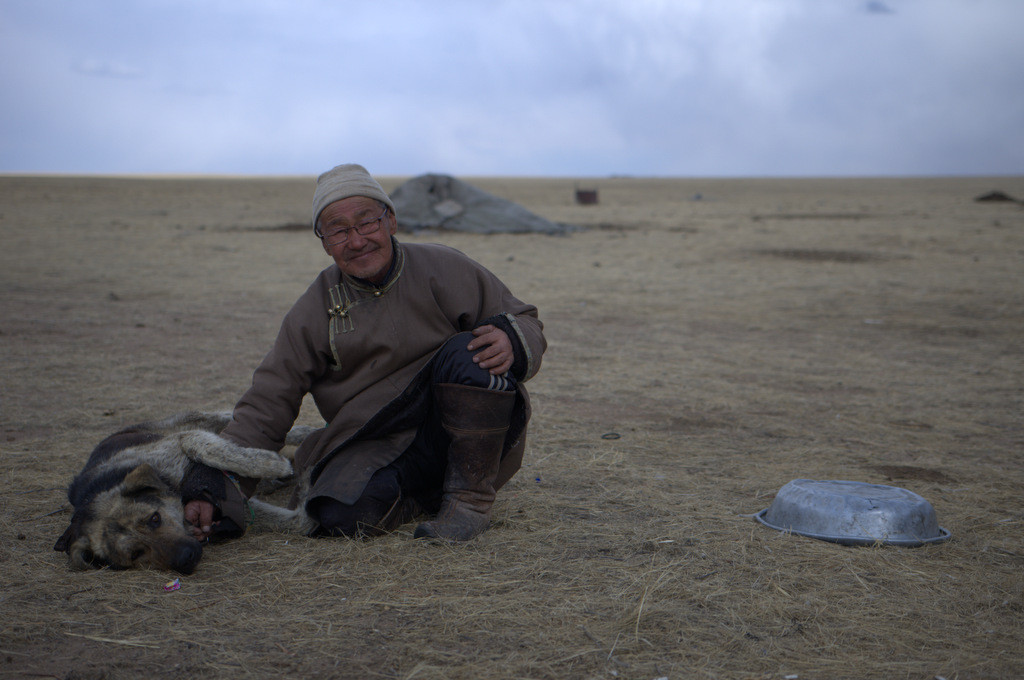Mongolia: Emergency Response & Recovery
While Mongolia is often classified as a low-risk country when it comes to risk of disaster, we are committed to maintaining a high level of emergency preparedness. For instance, in the past five years, Mongolia has faced growing humanitarian challenges – deadly storms, flooding, dzuds, environmental pollution, increasingly more frequent earthquakes and the COVID-19 pandemic.
Our goal is, together with our partners, to provide principled, relevant, timely, and high-quality humanitarian assistance to save lives, alleviate suffering and maintain the dignity of the affected population, followed by recovery assistance and resilience building. Our humanitarian aid is based on the core principles of humanity, impartiality, neutrality, and independence. The form of our assistance is contextual, needs-based, and focused particularly on Mongolia where we can demonstrate its added value in all three areas of emergency preparedness, response, and recovery.
Ongoing aidORPast aid programmes

Humanitarian aid
The second is access to food for cattle which is the only source of income for herder families. If they were to lose their herd or their numbers were to fall significantly in consequence of the jud, the household in question would be left completely without livelihood and have to resort to negative survival strategies, such as reducing the number of daily meals, debts, hired work for richer herders contributing an absolute minimum towards the survival of the family, taking their children out of school, migration to towns etc.

Aid to herder families stricken by drought and hard winter
Between February and June 2016, in collaboration with Charita ČR, the Mongolian National Emergency Management Agency and the Mongolian Red Cross, People in Need distributed food and financial aid for three thousand stricken families in the affected Dornod, Sukhbaatar, Khentii and Dornogobi provinces. The project was financed by the European Commission.
PIN continues to work with the families of herders on increasing their resilience against future juds. In collaboration with the Italian non-profit organisation ASIA Onlus with the support of the Waldensian Evangelical Church, PIN also encourages mutual solidarity between the wealthier and more vulnerable herder families.








